Quick Links
Key Takeaways
- Dune: Prophecy is a prequel set 10,148 years before Paul Atreides’ birth.
- Viewers can start with Dune: Prophecy without watching previous Dune films or reading books.
- The series is based on a novel in a separate timeline from Denis Villeneuve’s movies.
For those unfamiliar with Frank Herbert’s vast sci-fi universe, Dune: Prophecy might seem like an intimidating choice for their weekly dose of TV. The HBO Original series is now streaming on Max, but franchise newcomers might wonder whether they need to have watched any previous Dune films or read a few books to understand the show.
The doubts are understandable. The “Duniverse” has existed since the release of Frank Herbert’s novel Dune in 1965, and is made up of numerous novels along with their film and TV adaptations. In 2021, the first installment of Denis Villeneuve’s two-part film series brought the story of the best-selling sci-fi novel back into the mainstream. Soon after Legendary Entertainment acquired the screen rights to the books, their TV division greenlit a spin-off project for the films, now released as Dune: Prophecy.

Related
What Is Dune: Prophecy Based On?
This Brian Herbert and Kevin J. Anderson novel inspired the HBO series, Dune: Prophecy.
Is Dune: Prophecy Connected To the Movies?
Dune: Prophecy Works As A Prequel To The Films
Yes, Dune: Prophecy is directly connected to Denis Villeneuve’s films. However, their positions in the universe’s timeline differ significantly. Saying that Prophecy is a prequel, or takes place in the past, would be an understatement. The first episode establishes that the show is set 10,148 years before the birth of Paul Atreides. It is also set 116 years after another key historical event in the Duniverse: the end of the great machine wars, or the Butlerian Jihad, as the books call it.
All of this might seem overwhelming for a viewer unfamiliar with Dune, but the episode’s first 12 minutes provide a solid setup for the storyline. It avoids revealing too many secrets or confusing the audience with excessive exposition. In this way, the show draws viewers in while maintaining Dune‘s signature mysterious vibe. It’s worth noting that some recurring elements may be hard to grasp, especially for newcomers, like spice, the Sisterhood, Harkonnens, the Voice, or Arrakis. However, viewers can pick up on these details through context as the series progresses.
Do Denis Villeneuve’s Dune Films Matter For Understanding Prophecy?
Simply put, an average viewer can tune into Dune: Prophecy on HBO without having watched the films or read the books. It’s a perfectly acceptable starting point for a newcomer to the franchise. Moreover, with the six-episode series releasing weekly – and only two episodes available so far – fans can even find time to watch Dune: Part One and Part Two in between Prophecy episodes. This approach improves the overall experience by providing more context, and, of course, making them more eager and watchful for Easter eggs.
The ongoing HBO Original series focuses on Valya Harkonnen, the second Mother Superior of the Bene Gesserit Sisterhood, and her efforts to control the bloodlines of the Great Houses through secret breeding programs. The animosity between the Harkonnens and the Atreides is evident from the get-go, even in this distant era of the timeline. In terms of setting, most of Dune: Prophecy’s events unfold on Salusa Secundus and Wallach IX, with minimal emphasis on Arrakis. Emily Watson, who stars as Valya, even joked about the show’s ancient timeline in an interview with IGN:
We are 10,000 years before the birth of Paul Atreides, and we like to call it 10,000 years BC, Before Chalamet.
Because the events of Dune: Prophecy are so distant from the events of Villeneuve’s movies, they can be enjoyed as a separate story within the same universe, regardless of whether one is familiar with Paul Atreides’ story or not.
How Dune: Prophecy Fits Into The Larger “Duniverse”
Which Book Is Dune: Prophecy Based On?
Dune: Prophecy’s connection (or lack thereof) to Villeneuve’s movies is best understood through its source material. The Timothée Chalamet-led films are an adaptation of Frank Herbert’s original 1965 novel. By contrast, the HBO series draws from the Great Schools of Dune trilogy (2012–2016), which was written by Herbert’s son, Brian Herbert, and Kevin J. Anderson. The new project explores the origins of the Bene Gesserit and their actions and goals. Their story sheds more light on their role in the movies and Herbert’s original books, even though the two stories are separated by 10,000 years. In an interview with Collider, showrunner and executive producer Alison Schapker addressed concerns about accessibility:
Dune is so dense, it’s so well thought out, it’s so vivid, and it wouldn’t be Dune unless we embrace that aspect of it. […] We really try to have multiple levels in the show, so if you’ve never seen the movies, or if you haven’t read the books, you can come in through these characters and discover the world. But for those who have, we want to have a rich, exciting, dense experience.
Villeneuve’s Films Will Influence Every Future Dune Story
Story and timelines aside, it’s clear that the creators of Dune: Prophecy are intentionally replicating the tone and essence of the film duology. Both Dune films were cinematic achievements in every sense – from Greig Fraser’s cinematography, to Hans Zimmer’s score, to the excellence of technical departments like editing, sound, production design, and more. These films have established a visual blueprint, not just for any future Dune retelling, but potentially for the entire science fiction genre. This influence extends to the HBO spinoff as well, even though it is set 10,000 years apart from the films and features an entirely new cast of characters.
And it’s not just Denis Villeneuve’s Dune films that feel distant from Dune: Prophecy. Most screen adaptations of the Duniverse have centered on Paul Atreides’ timeline or events that directly follow. This includes David Lynch’s Dune (1984) and the TV adaptations Frank Herbert’s Dune and Children of Dune in the early 2000s. As a result, Dune: Prophecy works as a prequel to all of them, and can be understood without prior knowledge of these stories. Who knows — it might even serve as an excellent spiritual precursor to the much-hyped Dune: Messiah, which is currently in development.





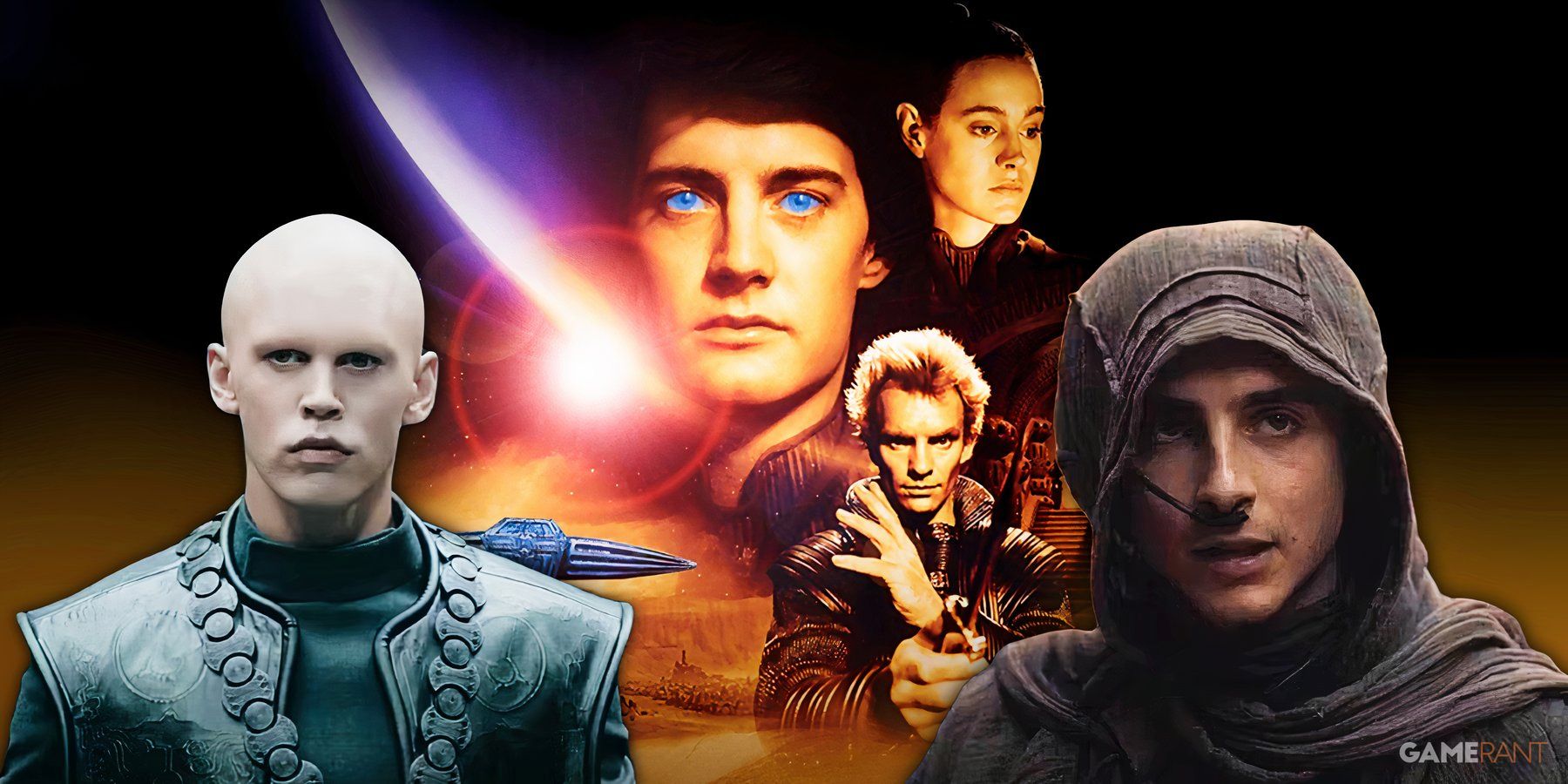
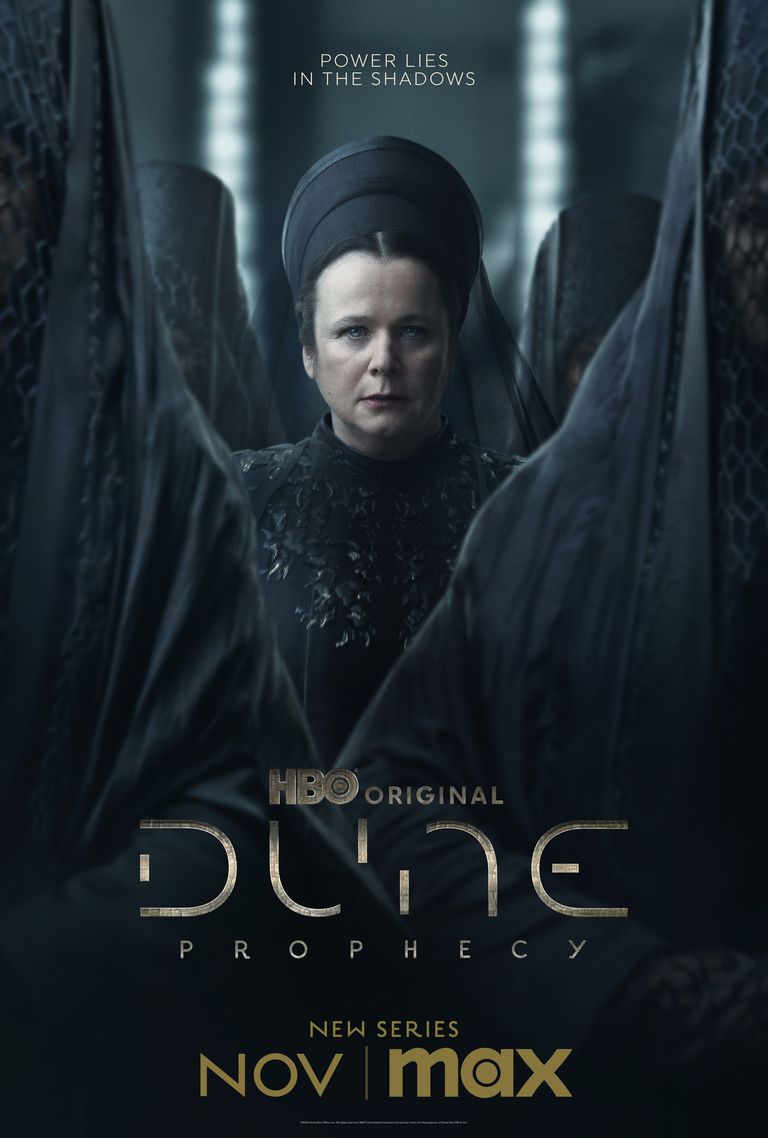

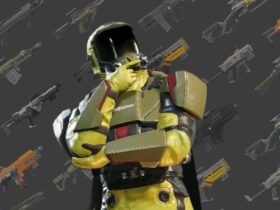
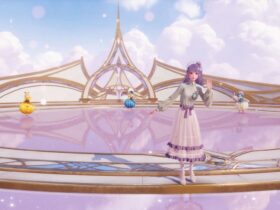

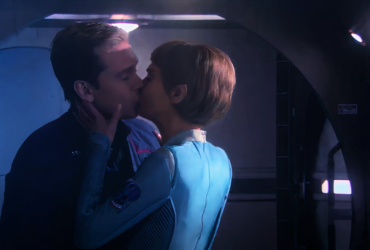
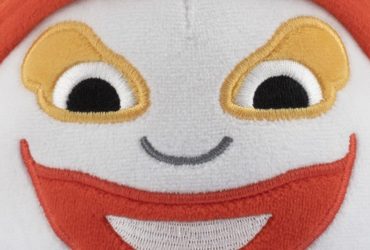
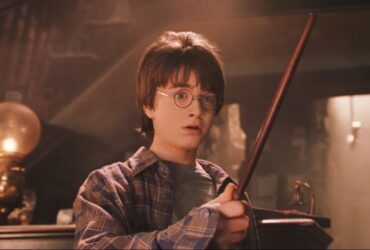
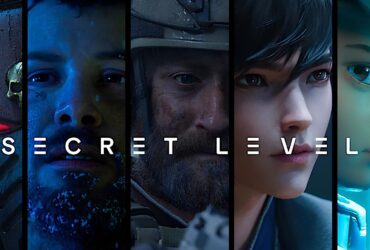
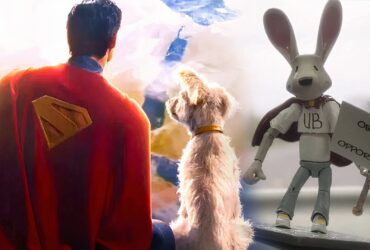

Leave a Reply